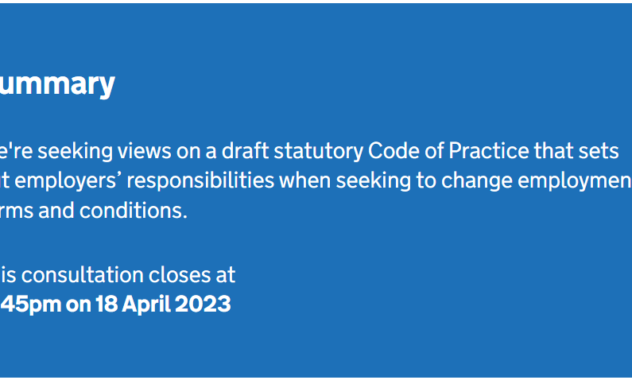New guidance on employment status for workers and businesses released by the government
New government guidance will act as a "one-stop-shop" for individuals and businesses to understand which employment rights apply to them.

The government has published guidance on employment status that defines the rights and protections employees are entitled to, including pay, leave and working conditions. The government claims that businesses and workers, particularly those in the gig economy, will benefit from greater clarity over their employment status, in reference to new guidance published by the government last week (Tuesday 26 July).
A person’s employment status is what defines the rights and employment protections they are entitled to at work including pay, leave and working conditions, and therefore dictates the responsibilities that an employer owes to that worker.
The new guidance brings together employment status case law into one place for businesses and individuals to access. This will support workers by improving their understanding of what rights they are entitled to at work, enabling them to have informed discussions with their employer and take steps to claim or enforce them where necessary.
Crucially, the guidance also clarifies the rights that gig economy workers are entitled to – from the national minimum wage to paid leave – while offering them the same degree of flexibility to take on additional work to top up their income, if they choose. This clarity comes following the landmark Uber Supreme Court judgement, which held that individuals in the gig economy can qualify as ‘workers’, meaning they are entitled to core employment protections.
The new guidance includes advice for micro businesses, start-ups and SMEs that have less capacity and legal expertise to understand the law. By reducing the risk of companies being fined by rules they have broken unknowingly, it will inject confidence into businesses to support their staff and stimulate economic growth. Equally, the guidance will help to curb unscrupulous employers from attempting to exploit the system in order to save on employment costs.
Business Minister Jane Hunt said:
“Today we are tidying up the rules, helping workers understand their employment rights and find out if they are being treated fairly by their workplace.
Importantly, this one-stop shop guidance is not just for workers – it will also give businesses the confidence and the tools to better support their staff, helping to increase productivity and drive growth.”
By featuring real world examples of what an individual’s working day or contract may involve – and how that translates into their employment status – the government claim this new “one-stop shop” guidance will help to ensure that work pays fairly.
Getir General Manager Kristof Van Beveren said:
“Getir employs thousands of people in the UK in the superfast grocery delivery sector. Our growth plans will see us employ thousands more in the coming months and years and we welcome any guidance, such as this, that can help us contribute further to the UK’s economic growth and create more jobs.”
The guidance is being published alongside a response to a consultation on employment status, where many respondents called for additional clarity around the employment status boundaries and examples of how to apply the rules to different scenarios.
The UK has a ‘3-tiered’ employment status framework, broken down by employee, worker and those that are self-employed. This system has led to some individuals not understanding their employment status.
The guidance encourages workers to contact Acas for further advice should they think their employment status is wrong, and to engage their employer in conversations about their rights before taking further steps to hold them to account if needed.
The Institute of Employment Rights advocates for a single status of Employment for all workers, not simplified guidance on an impracticable and artificial demarcation of Employment rights. The Chair of the IER, Lord John Hendy QC, introduced the Status of Workers Bill to the House of Lords on 24 May 2021, with the intention to abolish insecure work by replacing the UK’s overcomplicated employment status system with a universal status of ‘worker’. This would mean that all people in employment, who are not genuinely self-employed, would have the same workers’ rights, including to claim unfair dismissal.
“Times of economic hardship and recession are known to accelerate the growth of precarious work and the impact of the Coronavirus pandemic is no exception. Without urgent action, we can expect to see even more workers in the extraordinary position of never knowing when they will be working or how much they will earn, still less how much they will be paid (or when) if they do work.”
Lord John Hendy QC said at the time.
Lord Hendy QC’s Status of Workers Bill, passed its third reading in the House of Lords and is due a second reading in the House of Commons. More information about the Bill can be found here.







